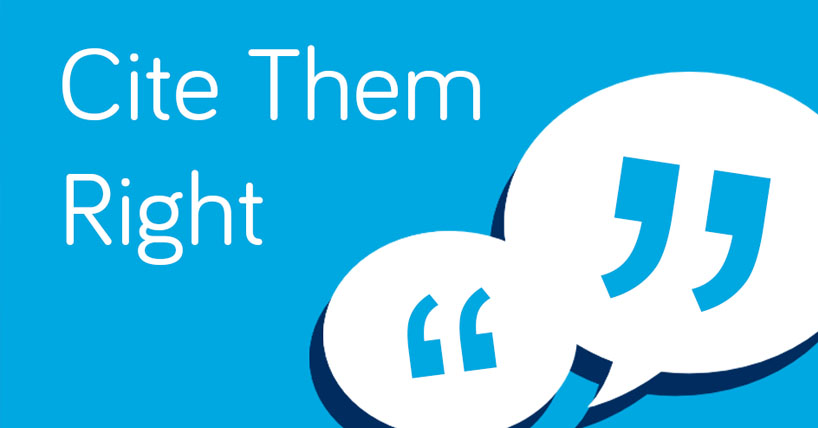Managing Information
Explore methods for effectively managing your documents and references.
When undertaking independent research for your essay, assignment or dissertation, you’ll need to manage the information you find so that you can use it efficiently, ethically and with academic integrity. We live in an age of information overload, so this may seem like a daunting task, but here we've got the tools and advice you need to get organised and stay in control.
How do you manage information?
Think about how you currently manage your information, or how you have managed it in the past.
Answer the questions below to help you create an audit of your practice. This should help you to highlight aspects of information management that you need to revisit and explore:
- How do you keep track of what you have read and not read?
- How do you take notes?
- Where do you save your files and how do you name them?
- Do you access your files on multiple devices? How?
- Do you share your files with others? If yes, how do you do this?
- How do you keep up to date with the latest research published in your subject area?
- What referencing style do you use?
- How do you keep track of and organise the references you use?
- How do you insert in-text citations and reference lists/bibliographies into your writing?
Referencing and reference management
Reference management is a significant part of information management, and vital to your academic integrity. Academic work builds upon the shared ideas, words and findings of other people. Whenever you use other people's work – whether from a book or journal article you found in Library Search or something you found online - you must acknowledge it.
Your starting point for help with referencing should be the official guidance from your School: this will outline the preferred referencing style for your subject area.
You may choose to record your references manually, or to use a reference management tool such as EndNote, Zotero or Mendeley. These tools help you to create and organise your references, format your references into a particular style and add in-text citations and bibliographies to your work.
Reference management tools can be particularly helpful when engaging in extended projects, such as a dissertation, but we strongly recommend you spend some time learning how your chosen tool works to avoid any problems later.



